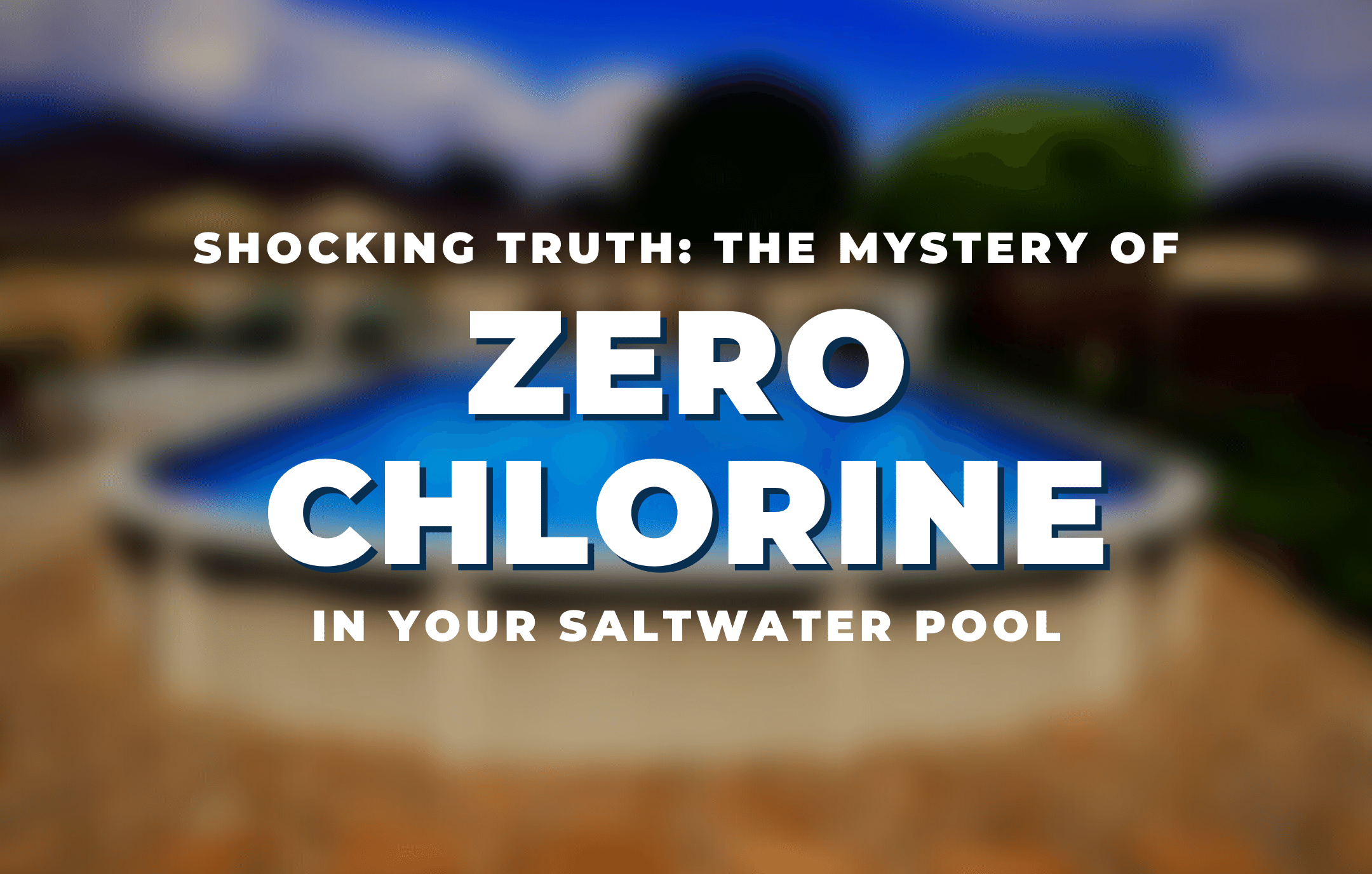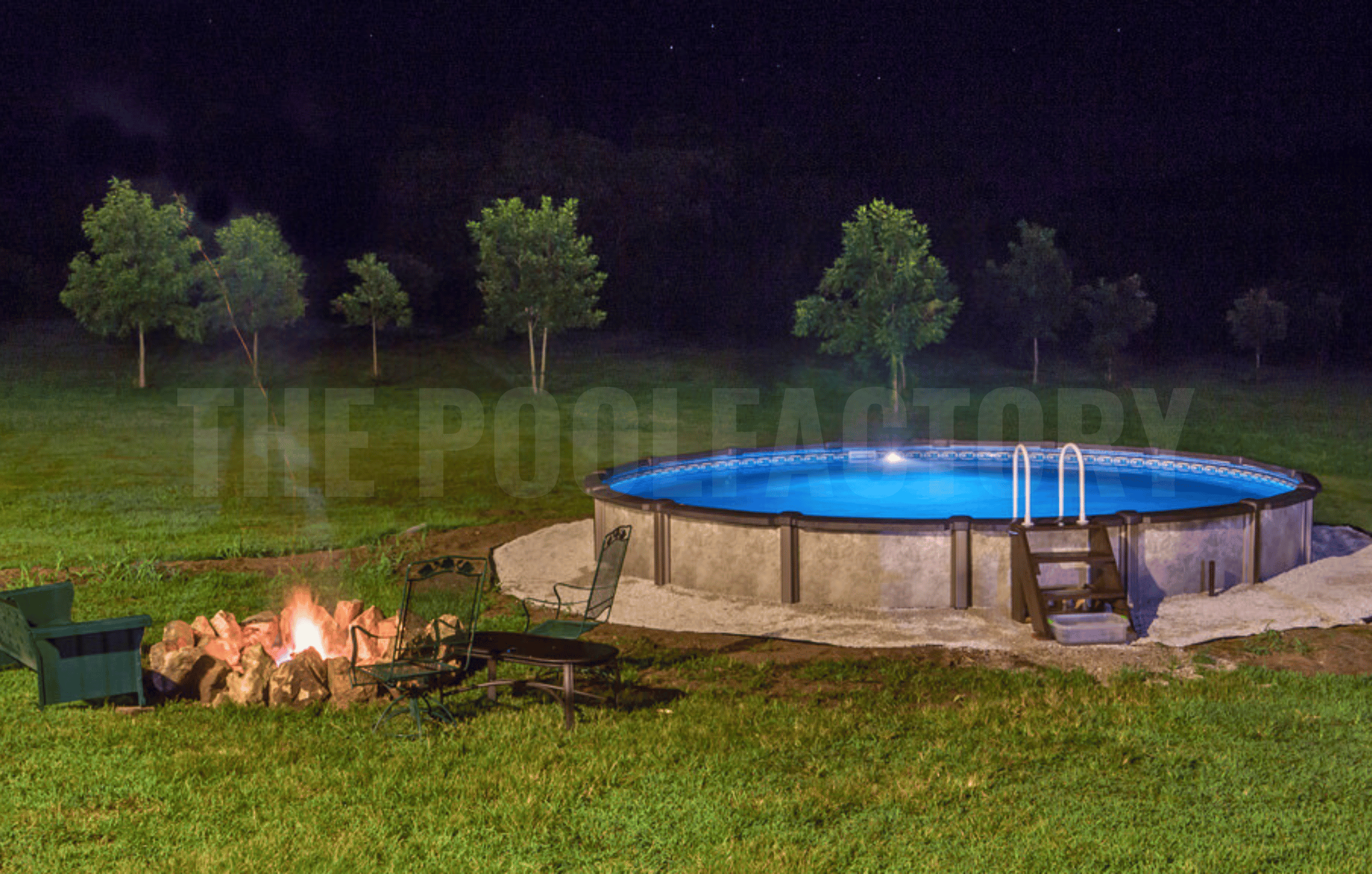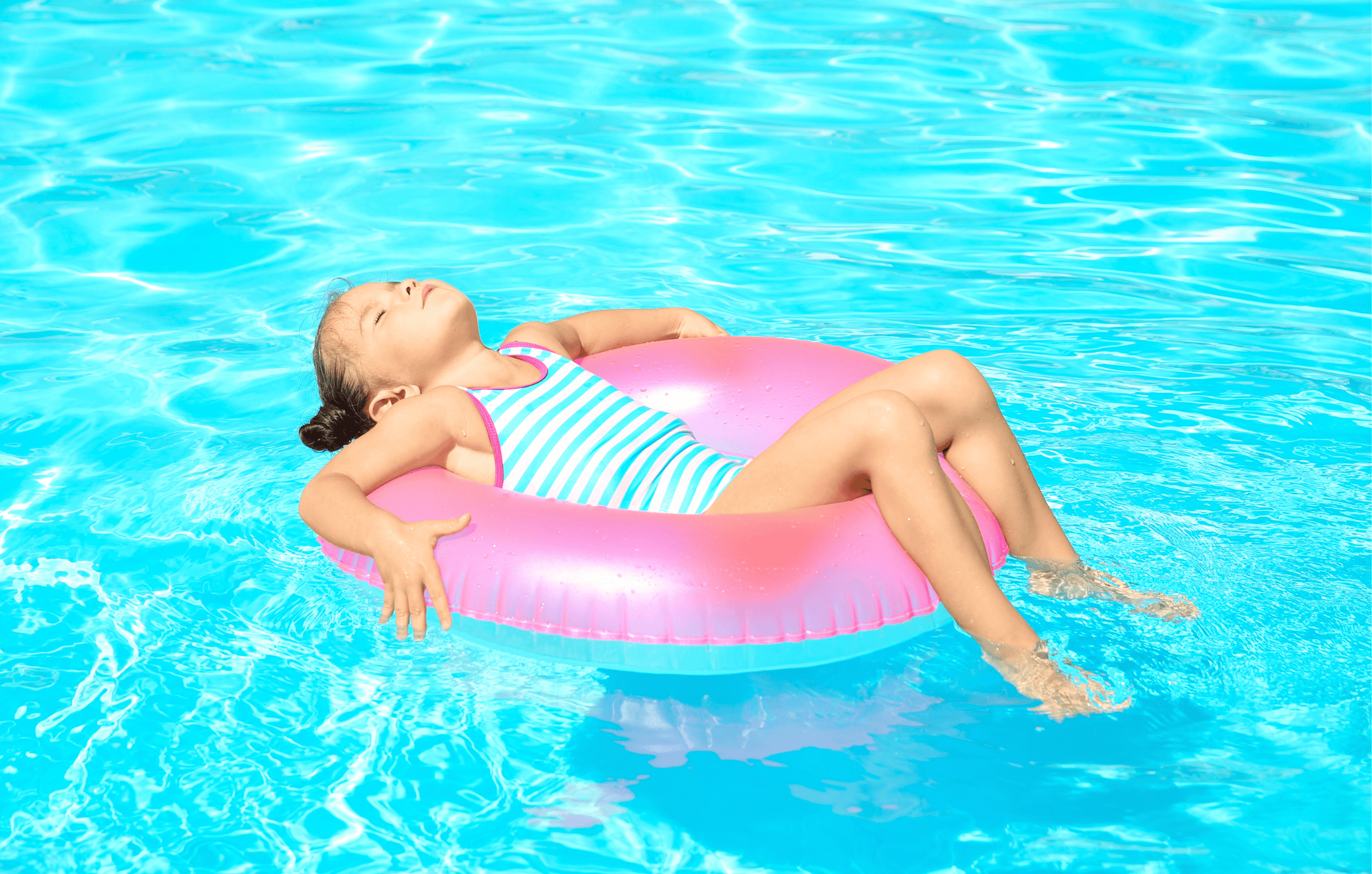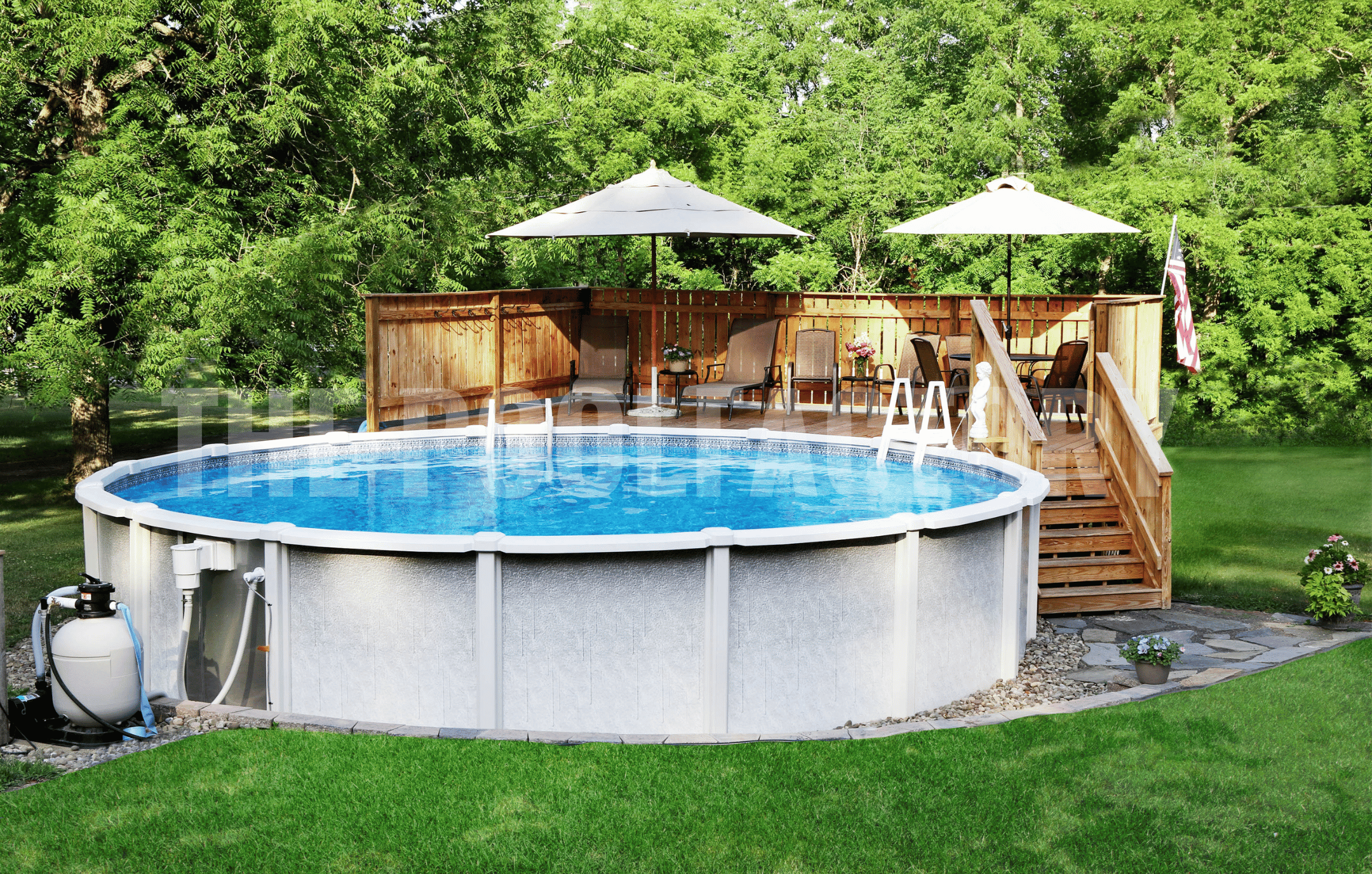Shocking Truth:
The Mystery of
Zero Chlorine
in Your Saltwater Pool!
Discover why your test kit shows zero chlorine in your new saltwater pool system. Get solutions and enjoy a crystal-clear swimming experience!

Are you scratching your head, wondering why your new saltwater pool system isn't showing any chlorine readings on your test kit? You're not alone! It's a common concern among pool owners who have recently switched to saltwater systems.
Lower Chlorine Level is Normal
In a saltwater pool, it's important to understand that having lower chlorine levels compared to traditional chlorine pools is quite normal. Saltwater pools utilize a unique chlorination process where chlorine is continuously generated from salt added to the pool water. This means that chlorine levels tend to be more stable and typically lower, making the water gentler on the skin and eyes. Unlike the sharp fluctuations often seen in traditional pools, saltwater pools maintain a consistent, milder chlorine presence. This reduction in chlorine levels doesn't necessarily indicate an issue; rather, it's a characteristic of the saltwater system designed for a more comfortable and soothing swimming experience. Regular testing and proper pool maintenance are key to ensuring a healthy and enjoyable saltwater pool environment.

If your saltwater pool has no chlorine and is showing cloudiness or signs of algae then you might need to perform some troubleshooting steps. Here we'll explore some possible reasons behind this and provide solutions to help you enjoy a clean and safe swimming experience.
Inaccurate Test Kits
The first thing to check when your saltwater pool appears to have low chlorine levels is your test kit. Sometimes, the problem isn't with your pool but with the accuracy of your test kit. Test kits can lose their precision over time, or you might be using one that's not suitable for measuring chlorine in saltwater pools. To ensure your readings are reliable, invest in a high-quality saltwater pool test kit specifically designed for this purpose.
Improper Water Balance
To ensure the proper functioning of your saltwater system, it's crucial to balance your pool water. Test and make necessary adjustments to the pH, alkalinity, and Cyanuric Acid (chlorine stabilizer) levels. Additionally, check your salt level and make adjustments as required to maintain the optimal salt level for efficient chlorine generation. If any of these levels are off then your saltwater system will not work properly.
Cyanuric Acid
Maintaining the correct Cyanuric Acid (chlorine stabilizer) level in your saltwater pool is essential to prolong the effectiveness of the chlorine produced by your salt system. This stabilizer acts as a shield, protecting the chlorine from the sun's ultraviolet rays, allowing it to remain active in the water for an extended period. Keeping this level within the recommended range ensures that your pool stays sanitized and safe, even in the sunniest conditions, while also reducing the need for frequent adjustments to maintain chlorine levels.
Diluted Pool Water
Saltwater pools require a precise balance of salt to function properly. If your pool water is too diluted, it can affect the chlorine production. Using your test kit, measure the salt levels in your pool. If they are below the recommended range, you'll need to add more salt to bring your pool back to the optimal salinity level.
Salt Level is Too High
A salt level that's too high can disrupt the proper operation of your saltwater system. When the salt concentration in your pool water exceeds the recommended range, it can lead to various issues, including the salt cell becoming overworked and less effective at chlorine production. Excessive salt levels can also trigger sensor errors and potentially damage the system components. To ensure your saltwater system operates smoothly and efficiently, it's crucial to maintain the salt level within the specified range, as outlined by the manufacturer's guidelines.

Salt Cell Maintenance
The heart of your saltwater system is the salt cell. It's responsible for generating chlorine from the salt in your pool water. If your salt cell is dirty or malfunctioning, it can lead to low chlorine production. Regularly clean your salt cell according to the manufacturer's instructions and inspect it for any signs of wear and tear. If you notice damage or significant wear, it may be time to replace it.
Insufficient Run Time
Your saltwater system needs adequate run time to produce enough chlorine to maintain the desired levels. If you're running your system for too short a time, the chlorine production may not keep up with the pool's demand. Check your system's timer settings and consider increasing the run time to ensure sufficient chlorine generation.
Salt Cell Scaling
Scaling on your salt cell can interfere with chlorine production. If you notice white deposits on the cell plates, it's essential to address this issue promptly. Regularly inspect your cell for scaling and clean it as needed to maintain optimal chlorine generation.

Temperature and Sunlight
Environmental factors can also affect chlorine levels in your saltwater pool. High temperatures and prolonged exposure to sunlight can accelerate chlorine breakdown which is a common reason why you’re not getting a chlorine reading on your test kit.
In conclusion, if you're not getting a chlorine reading when utilizing a new saltwater system, start by checking the accuracy of your test kit and ensure it's suitable for saltwater pools. Then, investigate potential issues with your pool water, salt cell, run time, and environmental factors. By addressing these issues and maintaining your saltwater pool properly, you can enjoy crystal-clear, safe, and chlorine-rich swimming experiences. Remember, a well-maintained saltwater pool is a true oasis of relaxation and enjoyment.
Saltwater Series Chemical Maintenance Kit with Test Kits
The Saltwater Series Pool Opening & Maintenance Kit includes everything necessary to maintain sparkling clear salt water except the salt! Two test kits are included, a salt test kit and 4-way test strips to help maintain proper water chemistry balance. The kit also includes Saltwater Shock, Saltwater Stabilizer, as well as Saltwater pH and Saltwater Alkaline increaser and decreasers.















